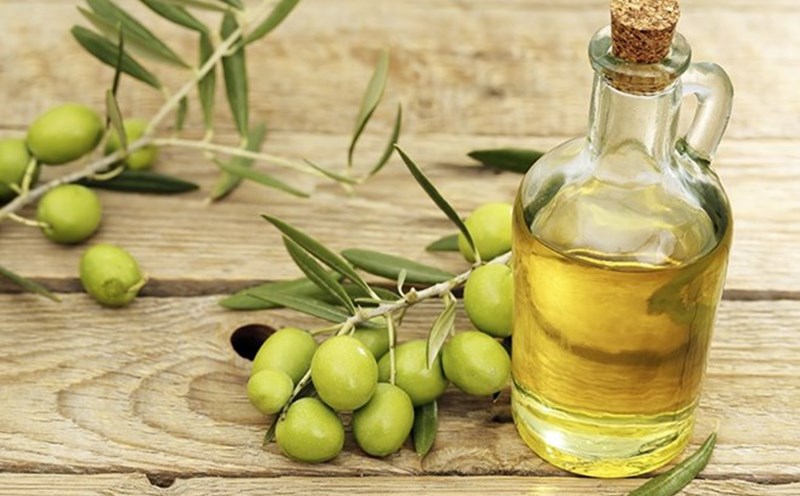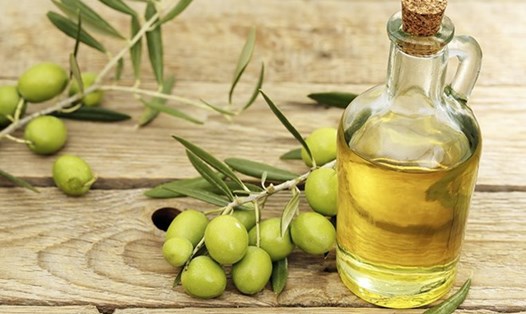Salmon
Salmon is one of the foods rich in omega-3 fatty acids, helping to reduce inflammation and support liver function.
According to the American Heart Association (AHA), unsaturated fatty acids in salmon can reduce the accumulation of fat in the liver, especially beneficial for people with non -alcoholic fatty liver (NAFLD).
How to prepare: Bake, steam or pan with olive oil to maintain nutrition.
Garlic
Garlic contains allicin and selenium, two important compounds that help stimulate the liver enzyme and support the fat metabolism. A study from the Korean Nutrition and Food Research Institute shows that garlic can reduce the risk of fatty liver and improve liver function.
Garlic can be eaten raw or used to marinate food, avoid cooking for too long to not lose active ingredients.
Broccoli
Broccoli is rich in sulforaphane, a powerful antioxidant that helps protect the liver from oxidation damage. According to research from the University of Illinois (USA), eating broccoli regularly can reduce the risk of fatty liver by limiting excess fat accumulation.
Broccoli is processed by boiling, steaming or gently frying with olive oil to preserve nutrients.
Avocado
Avocado contains glutathione, an antioxidant that helps the liver detoxify and prevent liver cell damage.
A study by the Japanese National Nutrition Institute found that eating avocado can help protect the liver from alcohol and toxic damage.
How to use: Eat directly, make smoothies or combine in salads.
Turmeric
The active ingredient curcumin in turmeric has a strong anti -inflammatory effect, which helps protect the liver from inflammation damage. According to the US National Medical Center (NIH), turmeric can also reduce the risk of cirrhosis and support the liver effectively.
Processing method: Used in food, make tea or combine with warm milk to increase the absorption efficiency.
Carrot
Carrots are high in beta-carotene, helping the liver work better by promoting the process of liver cell regeneration. According to research published in the British Clinical Nutrition Magazine, beta-carotene-rich diets can help prevent liver damage due to oxidative stress.
How to prepare: Eat raw, make juice or cook soup.
Walnut
Walnuts are rich in omega-3 fatty acids and l-arginine, two nutrients that enhance liver function and support fat metabolism. Walnuts consumption regularly help improve liver enzymes and reduce the risk of fatty liver.
Walnuts can be eaten directly or sprinkled with salads, yogurt.











